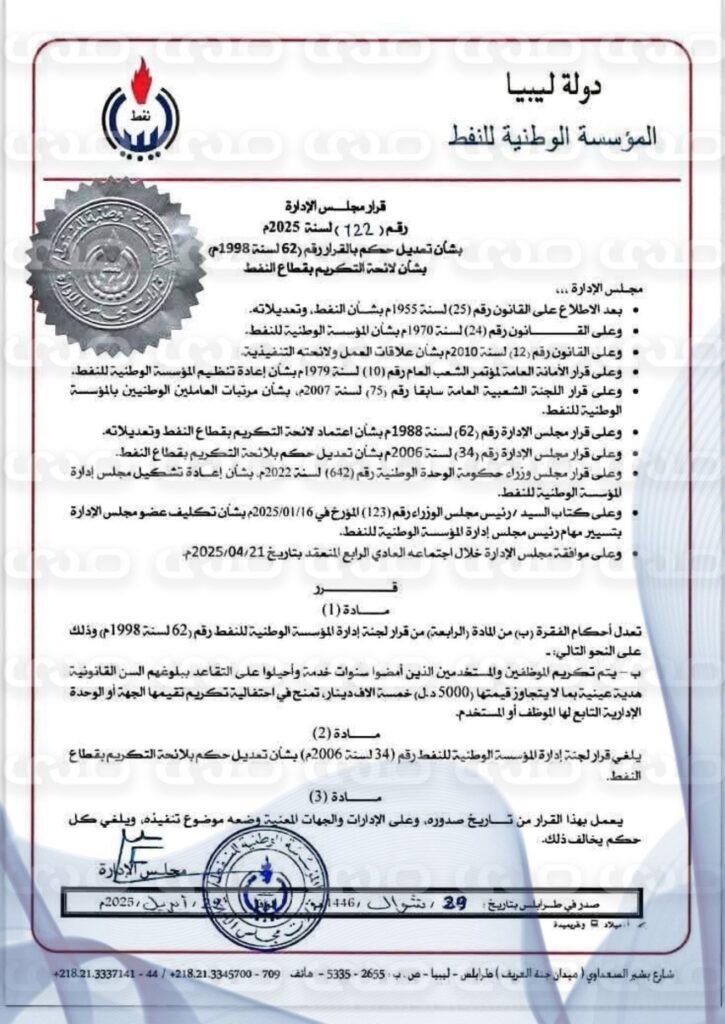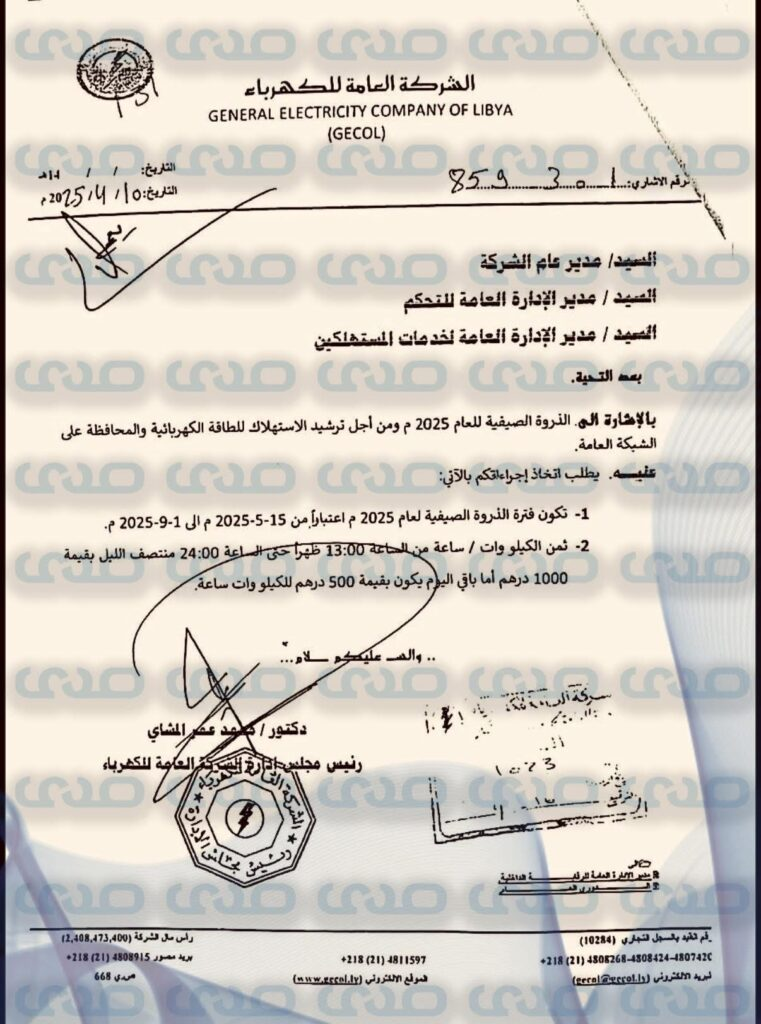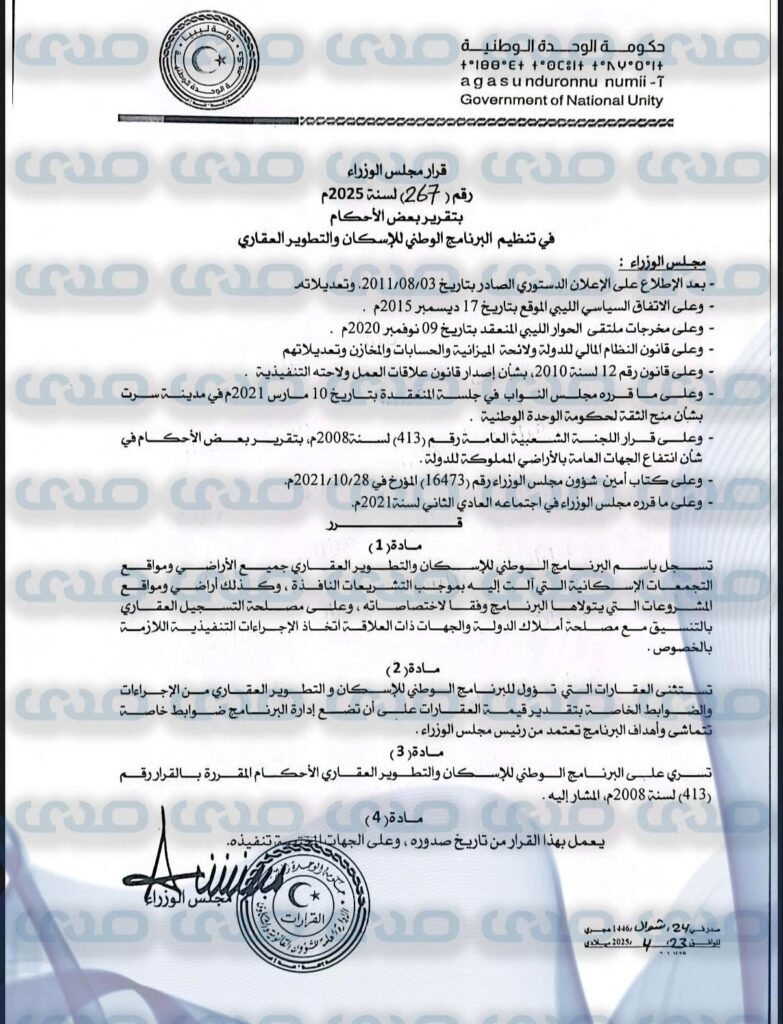Independent: Washington Ready to Open the Door to Aid and Encourage Investment — But With Conditions
U.S. Ambassador to Libya Richard Norland stated during his participation in the Economic Conference in Washington that the U.S. administration is prepared to open the door to aid and encourage investments — but under certain conditions dictated by American bureaucracy. The two most important of these conditions are:
- The withdrawal of foreign forces from Libya.
- The formation of a joint Libyan national government that represents all parties.
The ambassador added that if these conditions are met, the United States will open the door wide to investment in Libya by companies and countries.
According to The Independent, the challenge lies in whether Libyans are prepared to meet the incoming wave of investment with a deep, internal will for change — something the new U.S. administration is closely monitoring. The sentiment expressed at the Washington Seminar on Libya’s Reconstruction by Ambassador Norland and President Trump’s advisor on African and Middle Eastern affairs, Massad Boulos, suggests that Washington is watching for signs of internal Libyan readiness, both in government and the private sector. The Trump administration, at this stage, views the equation in Libya as centered on reinforcing security and stability.
The newspaper highlighted that a return to Libyan-led initiatives — particularly those involving the American private sector — includes the Development and Reconstruction Fund launched by the House of Representatives under the leadership of Belgassem Haftar. This fund has swiftly completed extensive restoration and reconstruction projects in several parts of the country, prompting U.S. companies to explore ways to enter and invest in Libya. Observers in the U.S. were especially impressed by the rapid reconstruction response in Derna following the devastating floods and storms that claimed thousands of lives.
The report further emphasized that the core challenge for Libya and those seeking stability, security, and peace lies in building a foundation of trust — one that proves the society and institutions are capable of responsibly engaging with the international community in line with international law and administrative standards. It noted that institutions in Benghazi are striving to meet these expectations to present Libya as a state of law that can be a reliable international partner.




















